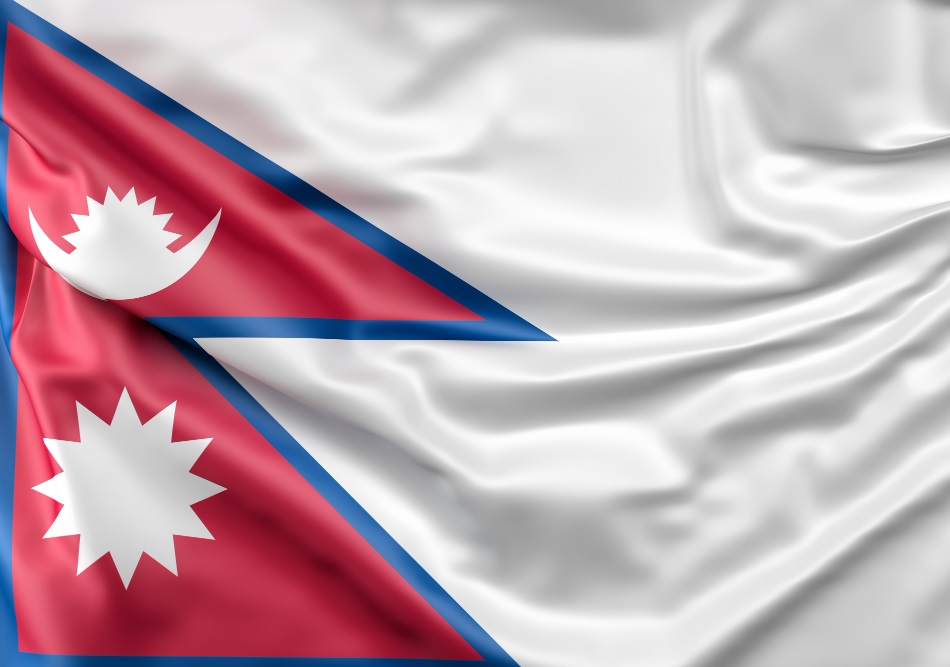Britain Grants Special Trading Preferences to Nepal
Key Points
1. The UK government confirms Nepal will continue to benefit from the Developing Countries Trading Schemes (DCTS).
2. This scheme is intended to support Nepal as it transitions from a least developed country (LDC) status by 2026.
The UK has assured Nepal of ongoing trade facilitation through its Developing Countries Trading Schemes (DCTS) as Nepal prepares to graduate from its least developed country (LDC) status by 2026.
On Wednesday, British Ambassador to Nepal Rob Fenn met with Damodar Bhandari, the Minister for Industry, Commerce, and Supplies, to inform him that Nepal will receive special trade benefits under the DCTS, rather than the generalized system of preference (GSP) typically given to LDCs. The UK introduced this scheme in June of the previous year to promote sustainable growth in developing countries through more generous trade preferences than those provided to other trade partners.
The DCTS covers 65 countries, divided into three tiers of preferences, with LDCs receiving the most favorable treatment. Despite some criticism for its similarity to the GSP initiative, the scheme has been well-received overall.
During the meeting, Bhandari requested increased technical assistance from the UK for industry and export growth in Nepal. The discussions also covered intellectual property rights protection, bilateral trade, and investment. Bhandari expressed a commitment to expanding partnerships with the UK in sectors like interconnection, infrastructure development, energy, trade, tourism, and investment. He emphasized Nepal's readiness to leverage the UK's experience, knowledge, skill, and technology for development in industry, hydropower, and education.
Ambassador Fenn reiterated the UK’s willingness to collaborate with the private sector and support the promotion of Nepali exports. He highlighted the UK's role in connecting Nepal to the global market, supporting a free economy.
Trade experts argue that developed countries should maintain trade preference facilities during the transition period. Chandra Ghimire, former secretary at the industry ministry, stressed the need for duty-free, quota-free market access for LDC graduates for at least 8 to 10 years to avoid market shocks and support export growth.
Nepal's trade with the UK increased by 16.21 percent in the fiscal year 2022-23, with exports rising by 6.73 percent and imports by 21.57 percent. Despite this growth, Nepal faces a trade deficit with the UK.
A report by South Asia Watch of Trade, Economics, and Environment predicts a decline in Nepal’s exports by 2.5 to 4 percent due to increased tariffs post-graduation from LDC status. Securing access to the EU’s GSP+ and the UK’s Enhanced Framework (EF) schemes is crucial to mitigate these losses. The new EU GSP for 2024-34 requires the ratification of 32 international agreements, adding complexity for Nepal.
LDC graduation will also bring more stringent rules of origin provisions, affecting products like apparel and textiles, which may face stricter requirements in preference-granting countries, including the EU, the UK, Canada, Australia, and Russia. Readymade garment exporters are concerned about meeting these new criteria, even with alternative preference schemes offering preferential tariffs.
Trade experts warn that Nepal might lose significant access to the European market without the Everything But Arms (EBA) initiative, which provides duty-free, quota-free access to the EU market. Purushottam Ojha, former commerce secretary, noted the challenges of meeting GSP+ criteria, including the ratification of ILO conventions and stringent rules of origin.
GSP+ is a special incentive arrangement for sustainable development and good governance, reducing tariffs to zero for countries implementing 27 international conventions related to labor and human rights, environmental and climate protection, and good governance.

